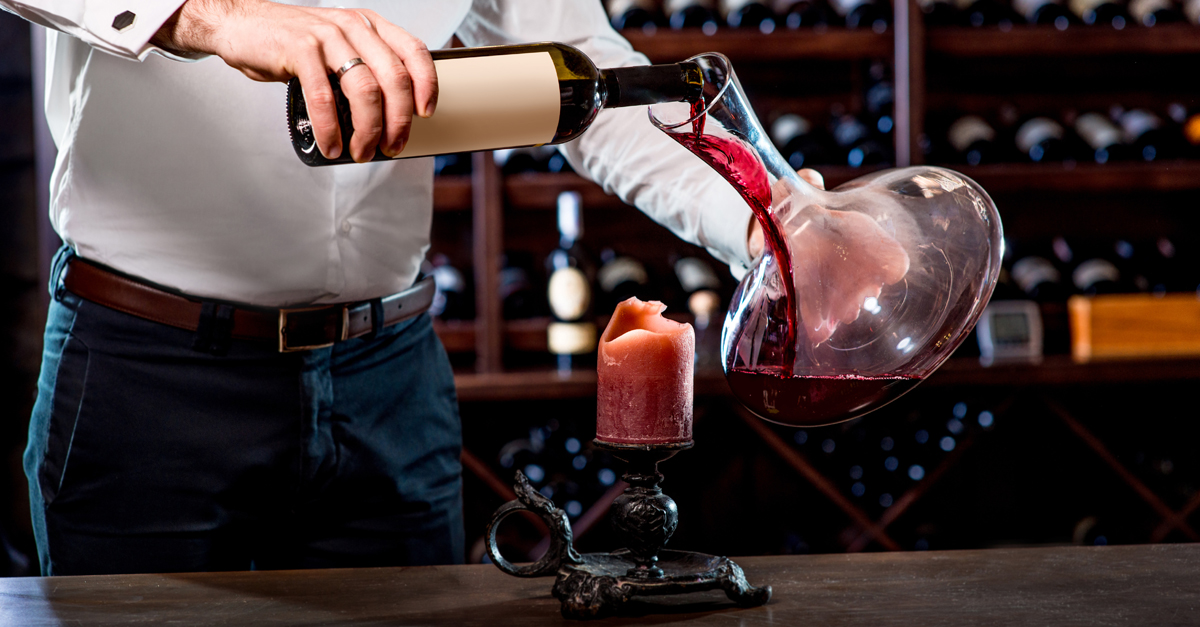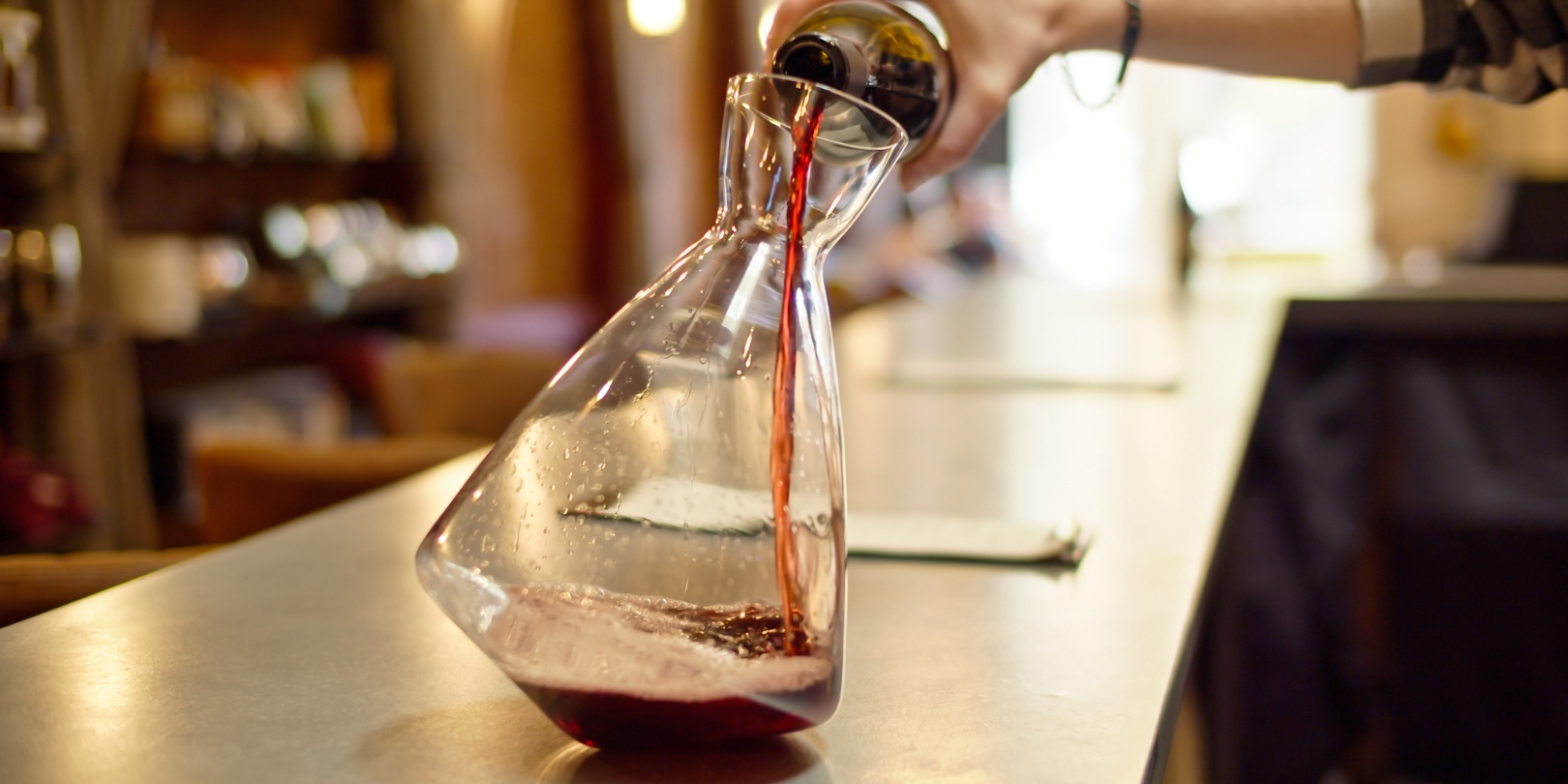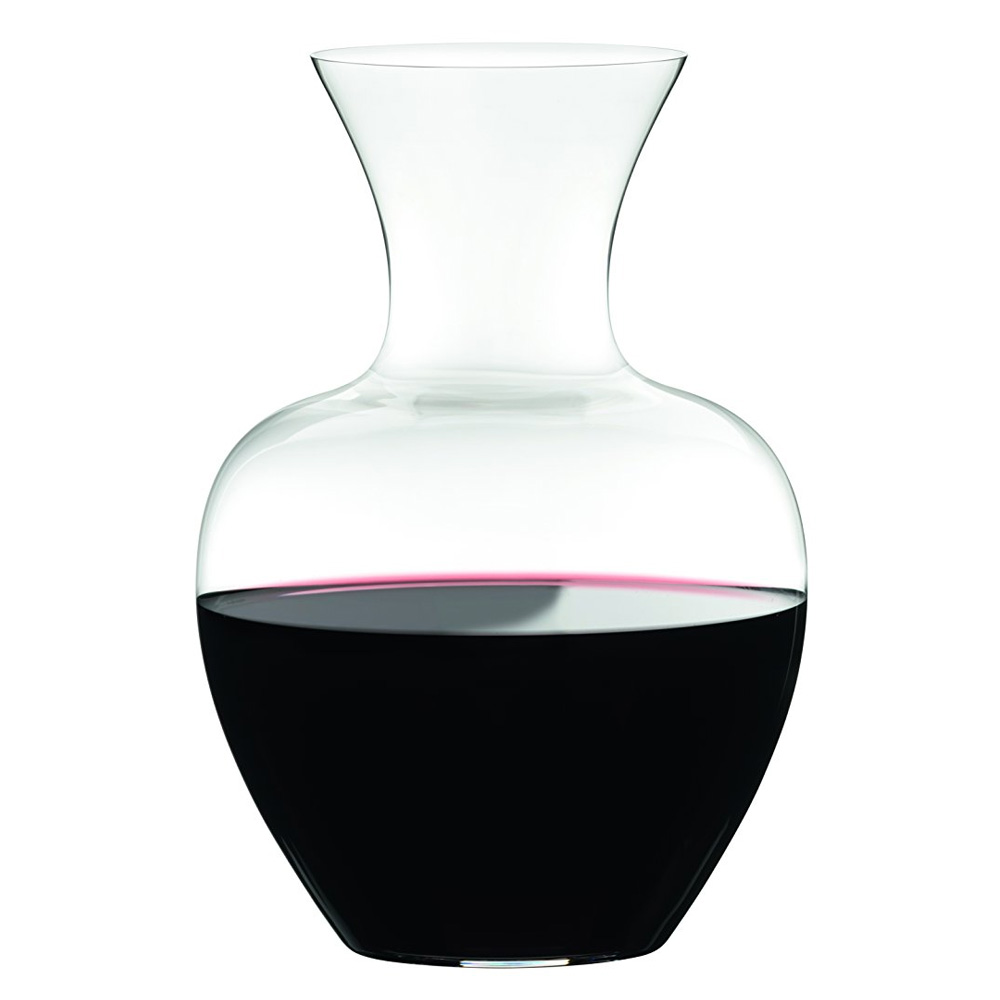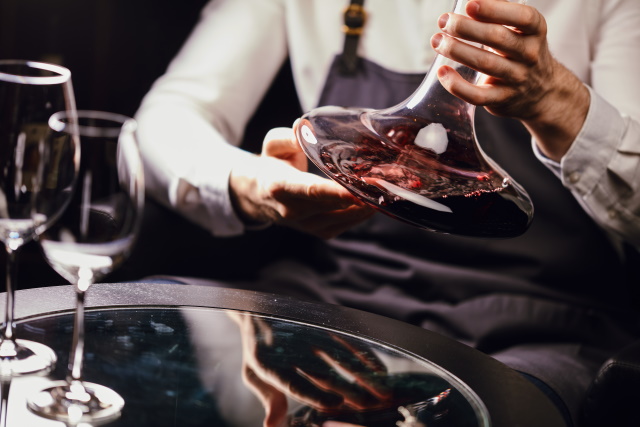Where to Buy Finest Wines in Singapore?
Best Prices, Fantastic Deals and More Arrivals!
Click here for the finest wines in Singapore at unbeatable prices!
Decanting wine is a practice as old as wine itself, yet it remains shrouded in mystery and intimidation for many wine enthusiasts. At its heart, decanting serves two main purposes: to separate a wine from any sediment that may have formed and to aerate a wine, allowing it to breathe. Understanding when and how to decant can elevate your wine experience, enhancing the flavor and aroma of your bottle.
When to Decant Wine

1. To Remove Sediment: Over time, particularly in red wines, natural sediments can form in the bottle. These are harmless but can be gritty and unpleasant to consume. Older wines, typically those over 10 years old, are prime candidates for decanting to ensure a smooth, sediment-free pour.
2. To Aerate the Wine: Many wines, especially younger and more tannic reds, benefit from the exposure to oxygen. Aeration can soften tannins and open up flavors and aromas, making the wine more expressive and enjoyable.

How to Decant Wine
Step 1: Prepare the Wine: If you're decanting to remove sediment, let the bottle stand upright for at least 24 hours before decanting, allowing the sediment to settle at the bottom.
Step 2: Choose the Right Decanter: While there are many beautifully designed decanters, the key feature is a wide base that increases the wine's surface area exposed to air. However, even a simple jug can serve as an effective decanter in a pinch.

Step 3: Pour Slowly: Open the wine and pour slowly into the decanter, ideally holding a light source behind the neck of the bottle to spot when sediment starts to move towards the neck. Stop pouring once you see sediment, leaving a small amount of wine in the bottle.
Step 4: Let the Wine Breathe: Once decanted, let the wine breathe. This can take anywhere from 15 minutes to a few hours, depending on the wine's age and character. Young, bold wines may benefit from longer aeration, while older, more delicate wines might require less.
Step 5: Serve and Enjoy: After the wine has had time to breathe, it's ready to be enjoyed. Decanting can reveal new layers of complexity and flavor, making for a more rewarding tasting experience.

Decanting is not just for the experts or the most expensive wines; it's a simple technique that can enhance almost any wine, making it more enjoyable by ensuring clarity and improving its character.
By understanding the when and how of decanting, you can elevate your next wine experience, whether it's a special occasion or a casual dinner at home.
Click here for the finest wines in Singapore at unbeatable prices!
NEW ARRIVALS
Your Dynamic Snippet will be displayed here... This message is displayed because you did not provided both a filter and a template to use.
SINGAPORE AWARD WINNING WINES
Your Dynamic Snippet will be displayed here... This message is displayed because you did not provided both a filter and a template to use.
WINE EVENTS & COURSES
Your Dynamic Snippet will be displayed here... This message is displayed because you did not provided both a filter and a template to use.



